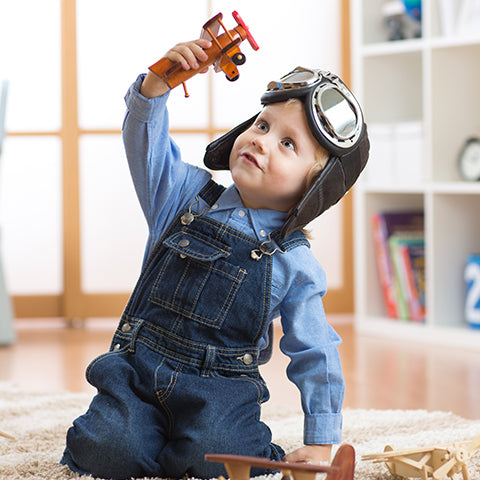Best Toys for Autistic Children: Playing in Autism

Before we give you tips on the best toys of autistic children, you have to understand the different stages in playing. Playing is a skill that has different stages of development:
Sensory play: this includes exploring with anything around them but through their senses. Therefore they feel the need to touch, taste, sniff, rattle, etc. anything that sparks their curiosity. These things are not limited to objects, sensory play can happen with food, animals, fingers or hair.
Exploratory play: now the child’s curiosity moves further from the senses and more to the purpose of the object. The child has now formed theories in his head what are the objects for and what are it’s limitations and adventures into trying to prove them right.
Symbolic and imaginative play: this is the stage that is hardest for children with autism. In this stage the child learns to substitute one object for another and come up with a new function for the object, for example, the pen becomes the sword of the prince and the prince is now a teddy bear. This stage is also role playing and being able to “play” with the idea of becoming someone else.
Children with autism can sometimes get stuck in a stage or delayed in development that later will change. Therefore in order to pick an autism toy it’s important to take into account the different stages and the characteristics they might have.
Sensory seekers often really enjoy sensory play and can find it hard to move on.
Sensory avoiders might not enjoy manipulating objects to discover their function.
Exploring the functions but stuck on the details of the functions (sorting and categorizing). Hyperfocusing or easily distracted.
Avoiding exploring because there is a fear of change and a preference for routine.
Communication difficulties make it hard to get help if you get stuck. Rigid thinking and perseveration can prevent finding new ways to use objects.
Autism affects cognitive abilities, language skills and executive functions such as self-control and mental flexibility which can be difficult to role-play and imagination.



